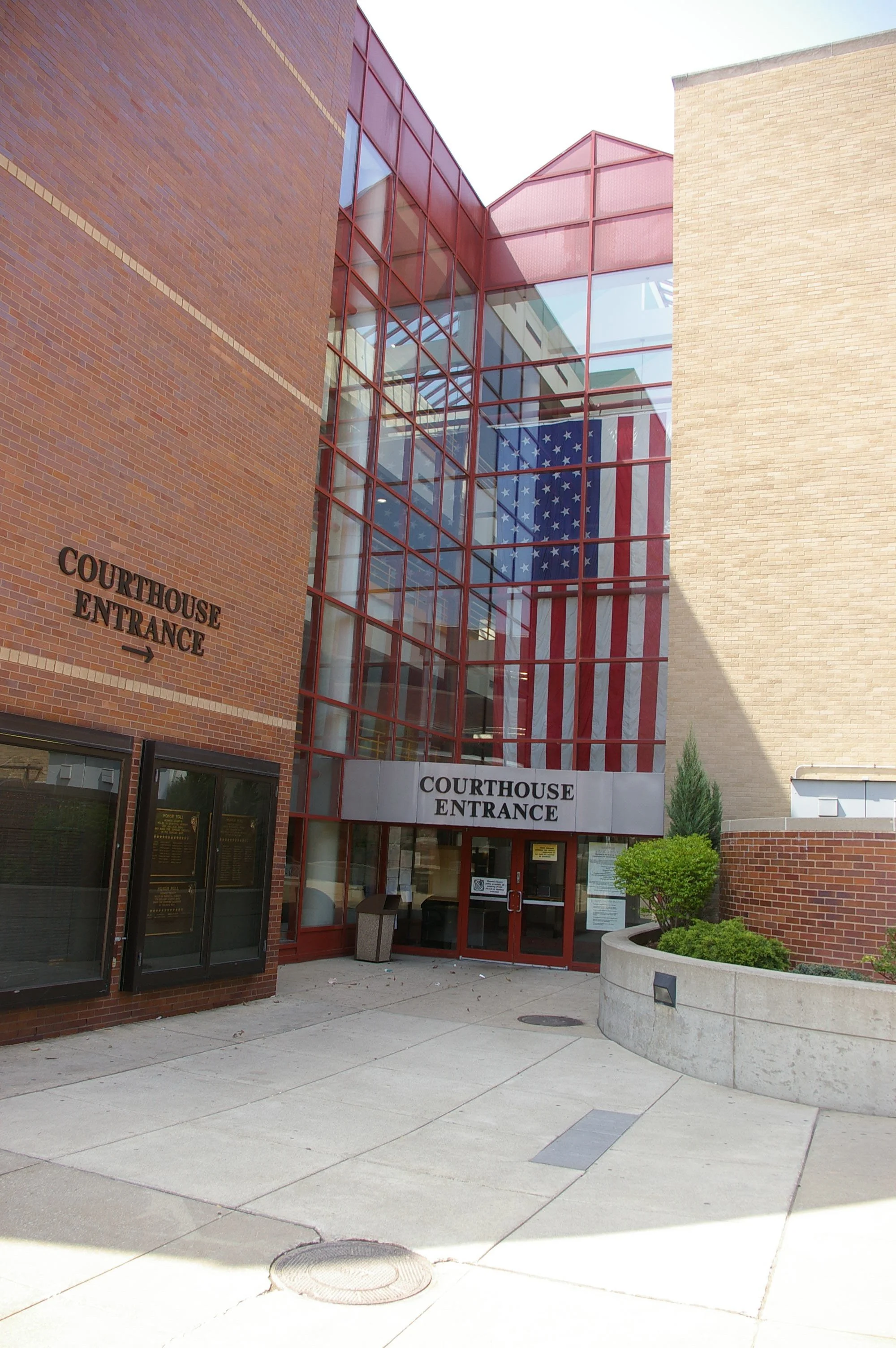Real Estate Litigation
Real estate litigation can be complex and may touch on various legal principles, such as contract law, property law, and relevant local rules and regulations. Parties involved in real estate disputes may seek resolution through negotiation, mediation, arbitration, or by pursuing a lawsuit in the Michigan courts. The length of time required to resolve your dispute varies greatly depending on the facts at issue and the parties involved. Legal professionals with expertise in real estate law typically handle these cases, and the outcomes can have significant financial implications for the parties involved. Thompson Legal has the expertise required to resolve your real estate dispute effectively and efficiently.
Real estate litigation refers to legal disputes or conflicts that arise between parties related to the ownership and use of real estate.
Real property disputes can arise between parties related to a real estate transaction, property ownership, or due to breaches of property related agreements. Real estate litigation can encompass a wide range of issues, and the nature of the disputes can vary greatly depending on the specific circumstances. Often court intervention is required to resolve disputes regarding real estate. Some common types of real estate litigation include:
Contract Disputes: Disputes may arise over the terms and conditions outlined in real estate contracts, such as purchase agreements, lease agreements, or construction contracts. Parties may be seeking legal action to enforce an agreement or for damages as a result of a breach.
Quiet Title Disputes: A quiet title action is a legal remedy to resolve property disputes involving competing claims or challenges to its title. If a title is not clear, it is not "quiet". This can arise from liens, boundary disputes, easements, gaps in the chain of ownership, adverse possession, or estate sales.
Partition Disputes: A suit for partition of real estate where a court case filed when co-owners cannot agree on the terms and conditions of dividing the property. If parties cannot resolve the dispute with a buyout, the receiver may be appointed to sell the property and distribute the proceeds.
Construction Disputes: These disputes involve disagreements between parties involved in construction projects, such as contractors, subcontractors, and property owners. Issues may include construction defects, delays, or breach of contract.
Zoning and Land Use Disputes: Legal conflicts may arise concerning zoning regulations, land use restrictions, or other local government regulations that affect the use of a property.
Eminent Domain: This involves disputes over the government's right to take private property for public use, with compensation provided to the property owner.
Brokerage Disputes: Disputes between real estate agents, brokers, and clients may arise, often related to issues like commission disputes or alleged breaches of fiduciary duty.
400 Monroe - 7th Floor
Detroit, MI. 48226
(313) 224-5850
Monroe County Register of Deeds
51 South Macomb Street
Monroe, Michigan, 48161
(734) 240-7390
1200 North Telegraph Road,
Building 12 E,
Pontiac, MI 48341
(248) 858-0581
FAQs about Real Estate Litigation in Michigan
What types of real estate disputes do you handle?
We specialize in a wide range of real estate litigation services, including but not limited to contract disputes, quiet title disputes, partition disputes, construction disputes, zoning and land use disputes, boundary disputes, and more. Our experienced team is well-equipped to handle diverse legal challenges that property owners may encounter.
How do I know if I have a valid real estate dispute case?
If you find yourself in a disagreement related to real estate, whether it's a breach of contract, property boundary issues, or construction disputes, it's crucial to consult with our experienced real estate litigation team. We'll assess the specifics of your situation during a consultation to determine the validity of your case and provide tailored advice based on your circumstances.
What steps should I take if I believe my property rights are being violated?
If you believe your property rights are being violated, it's essential to document the issues, gather relevant contracts, and contact our real estate litigation team promptly. If you are in Wayne County and believe you are the victim of fraud - contact the Wayne County Mortgage & Deed Fraud Unit as soon as possible. We'll guide you through the necessary steps to protect your rights and work towards a resolution through negotiation or, if needed, through the legal system.
How long does real estate litigation typically take?
The duration of real estate litigation varies based on the complexity of the case, cooperation between parties, and court schedules. Our team is committed to efficient resolution, and we strive to navigate the legal process as swiftly as possible while ensuring your interests are well-represented.
Can disputes be resolved without going to court?
Yes, in many cases, disputes can be resolved through negotiation, mediation, or alternative dispute resolution methods. Our goal is to explore all viable options for amicable resolution before pursuing litigation. However, if court intervention is necessary, we are prepared to vigorously represent your interests.
How much does real estate litigation cost?
The cost of real estate litigation depends on various factors, including the complexity of the case and the time involved. During our initial consultation, we will discuss potential costs and fee structures, providing transparency and ensuring you are well-informed throughout the legal process.
Why should I choose your firm for real estate litigation?
With our extensive experience in real estate litigation across Michigan, we bring a wealth of knowledge to each case. Our dedicated team is committed to protecting your property rights and achieving the best possible outcome for your unique situation. We prioritize clear communication, strategic representation, and delivering results for our clients.
For personalized legal advice on your real estate dispute, contact Thompson Legal. Our experienced attorneys are ready to assist you.
Please note that this FAQ is intended as a general guideline and should not be considered legal advice. If you have specific questions or need legal assistance related to a real estate dispute, it is advisable to consult with an experienced attorney who specializes in real estate litigation matters.
-

Understanding Quiet Title Lawsuits in Michigan
Real estate can be a valuable asset, but ownership disputes and clouded titles can create significant challenges for property owners. In Michigan, as in many other states, one legal remedy for resolving these issues is a Quiet Title Lawsuit. This legal action can help establish clear ownership and remove any uncertainties or competing claims. In this blog post, we'll explore the Quiet Title lawsuit process in Michigan, including key statutes like MCL 600.2932 and MCR 3.411.
-

Buying and Selling Real Estate “As Is” - What You Should Consider Before Signing
The "as is" clause in real property purchase agreements is a crucial provision that significantly impacts the rights and responsibilities of both buyers and sellers. Often viewed as a double-edged sword, this clause can provide flexibility and protection for sellers while posing potential risks for buyers. This article explores the implications of the "as is" clause and highlights what both parties should carefully consider when entering into real estate transactions.
-

Partition Lawsuits in Michigan: A Property Owner’s Basic Guide
Partition lawsuits are common disputes among co-owners of real property. When co-owners cannot agree on the use, possession, or division of a property, a partition action provides a legal mechanism for the parties to resolve the dispute, and if not, an equitable means to determine and distribute the property's value. This article will explore the basics of partition lawsuits in Michigan, highlighting key statutes and court rules to help you better understand the process.





